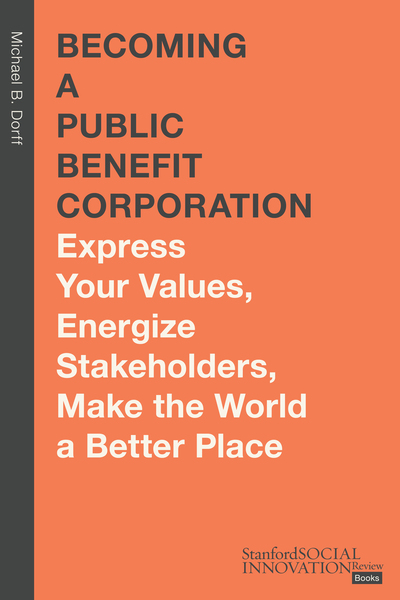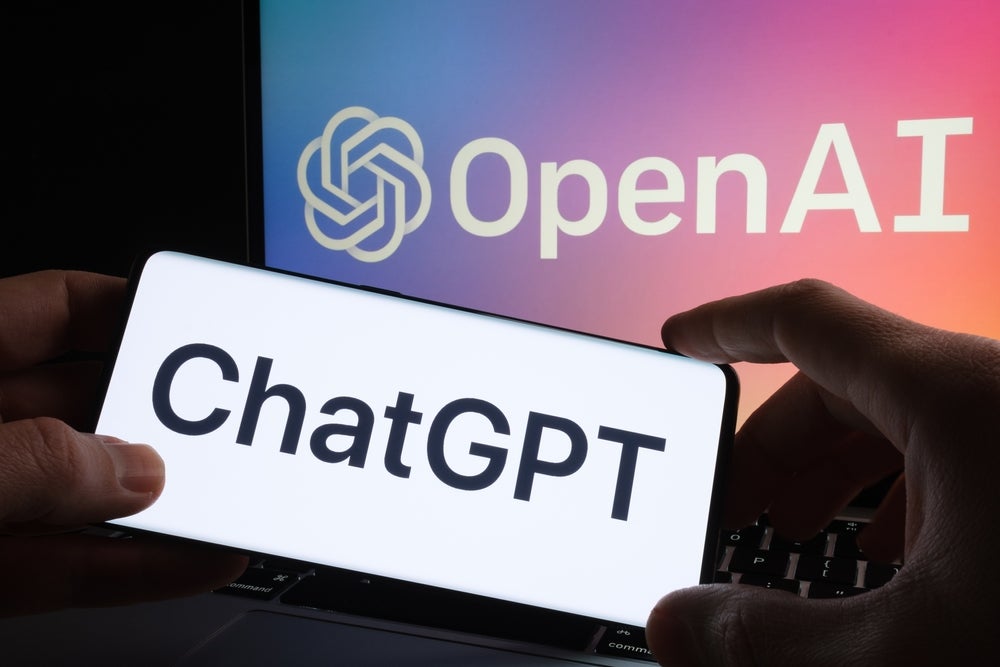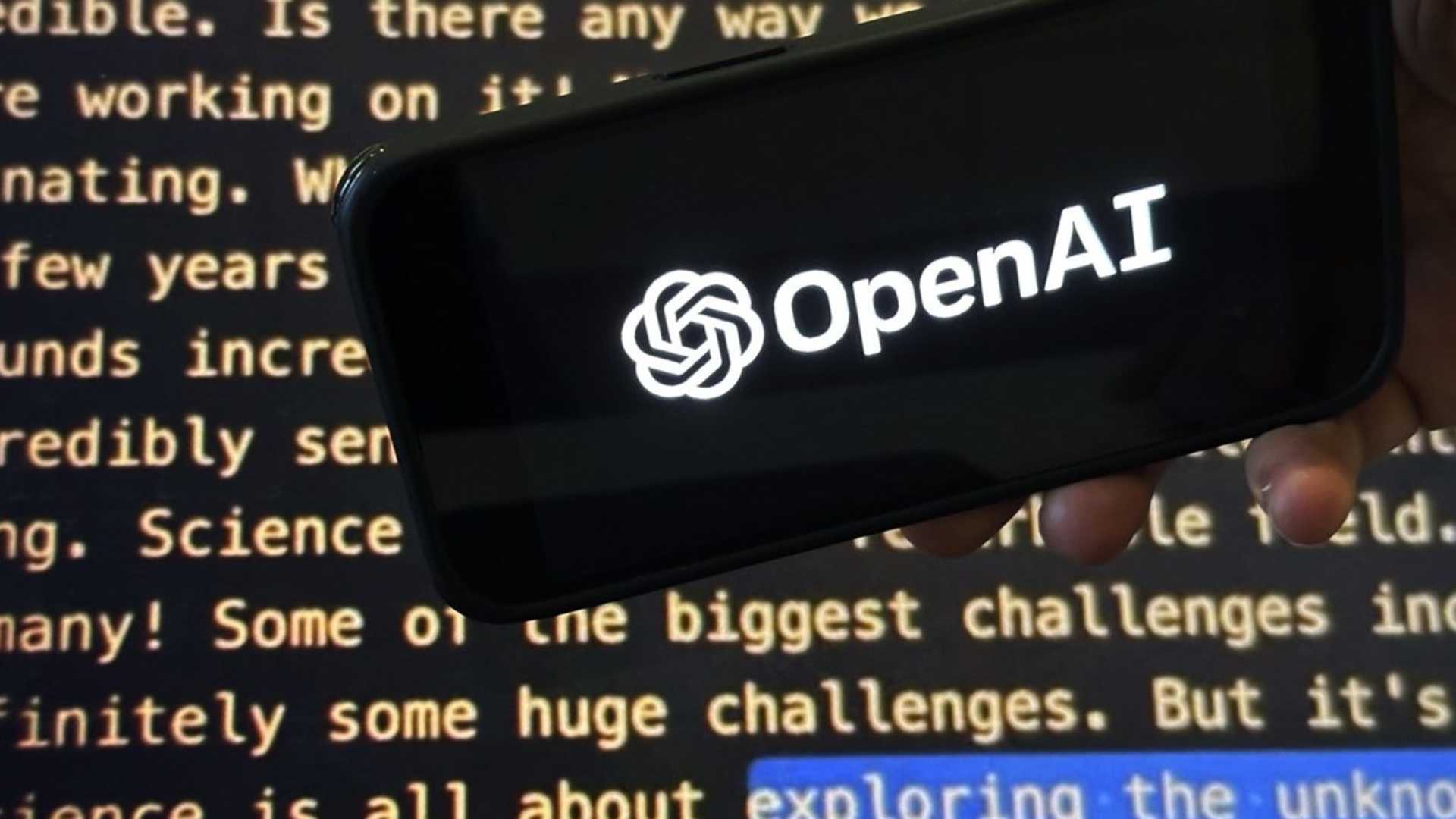OpenAI reverses course and says its nonprofit will continue to control the company
After months of pursuing a plan to convert itself into a for-profit business, OpenAI is reversing course and said Monday its nonprofit will continue to control the company that makes ChatGPT and other artificial intelligence products.
Decision to Stay Nonprofit
“We made the decision for the nonprofit to stay in control after hearing from civic leaders and having discussions with the offices of the Attorneys General of California and Delaware,” said CEO Sam Altman in a letter to employees.
Altman and the chair of OpenAI’s nonprofit board, Bret Taylor, said the board made the decision for the nonprofit to retain control of OpenAI but is proposing another way to grow its business.
Recapitalization Plan
As part of what Taylor described as a “recapitalization,” the nonprofit’s existing for-profit arm will convert into a public benefit corporation “that has to consider the interests of both shareholders and the mission." Shareholders will also receive stock and a cap on profit for some investors will be lifted, as part of the new plan.

Altman said the changes would make it easier for the for-profit to behave more like a normal company.
Public Benefit Corporation
Taylor declined to say Monday how large of an ownership stake the nonprofit will have in the new public benefit corporation. He said in a call with reporters that the nonprofit will choose the board members of the public benefit corporation and, at first, they will likely be the same people who now sit on OpenAI's nonprofit board.
Public benefit corporations were first created in Delaware in 2013 and other states have adopted the same or similar laws that require the companies to pursue not just profit but a social good.
Challenges Faced
OpenAI first outlined plans last year to convert its core governance structure but faced a number of challenges. One is a lawsuit from Musk, who accuses the company and Altman of betraying the founding principles that led Musk to invest in the charity and tried to block the conversion to a for-profit.

OpenAI also faced scrutiny from the top law enforcement officers in Delaware, where the company is incorporated, and California, where it operates out of a San Francisco headquarters.
Concerns and Future Plans
A coalition of California-based charities on Monday renewed its call for California's attorney general to investigate and questioned whether OpenAI's planned new business structure would carry out its charitable mission.
Altman said he still expects a large investment from Japanese technology giant SoftBank Group, which in February announced plans to set up a joint company with OpenAI to push AI services.
Altman said it would “maybe be easier” to raise money if OpenAI were a “fully normal company,” but given its mission, “we don’t want to be a fully normal company, and we believe this is well over the bar of what we need to be able to fundraise.”

Multiple other artificial intelligence companies have opted to incorporate as public benefit corporations, including Anthropic and xAI, Musk’s company. However, OpenAI would remain unique in that its public benefit corporation would still be controlled by the nonprofit’s board.



















